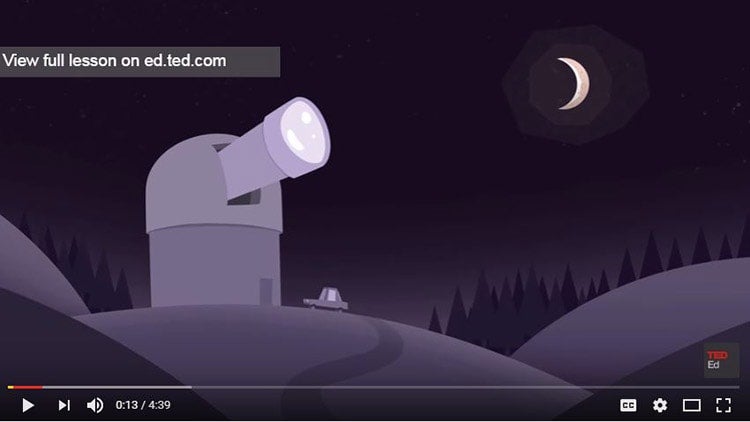Popular science: U of T’s new astronomer-astrophysicist brings science to the people

Published: September 21, 2016
Imagine a subway car with a real-life scientist on board who is ready to answer some of the most fundamental questions of the universe like: What is the universe made of? How did it start? And how is it going to end?
That’s the idea behind the Science Train project. Renée Hložek, an assistant professor who joined U of T in January, rode the New York subway to talk with commuters about the origin and development of the universe. The initiative and Hložek were featured in a Time Magazine story.
“I really am passionate about bringing science to people who don't normally engage with science content – or scientists for that matter,” said Hložek who is appointed to the Dunlap Institute for Astronomy & Astrophysics and the department of Astronomy & Astrophysics. “If I think of the amazing power of science to take you out of your own thoughts, to give you a perspective on the world that is wholly different – I want everyone to be able to experience that.”
Along with her work on the Science Train, Hložek is also a TED fellow, reaching large audiences through her videos: the one on the death of the universe has been viewed over 400,000 times.
Through the Prison Teaching Initiative in New Jersey, she has also brought cosmology to inmates who might never have encountered it in their lifetime.
Hložek also tries to inspire and support women in the sciences. She created a mentorship program for South African women scientists called the Hope-Princeton exchange to bring science students from Africa to Princeton University to work on astrophysics projects. Her own scientific journey took her from South Africa to Oxford University as a Rhodes scholar, then Princeton University as a postdoctoral research fellow before coming to U of T.
“As an African scientist, it is easy to feel isolated from the rest of the world,” said Hložek. “My desire is to bring these women to visit for a while so that they can invigorate their respective fields when they return home.”
Read more about the death of the universe
Read about Hložek's thoughts on what science means to scientists
Hložek, who hopes she can start a similar exchange program here, says she was drawn to U of T by the combination of “excellent theoretical minds and incredible instrument builders.” She also wanted to be in a place “committed to new telescopes, new projects and the cutting edge of observations."
At U of T, she will continue to research supernovae and work in the area of cosmic microwave background. Sometimes called the afterglow of the Big Bang, this light has been travelling to us for over 13 billion years. By measuring the differences in temperature and polarization in different parts of the sky, cosmologists can discern information about the conditions at the beginning of the universe
Hložek is looking forward to teaching a small group of undergraduates in a course on the Physical and Mathematical Universes, one of the Faculty of Arts & Science’s first-year seminars.
And maybe one day you'll see her talking science on the TTC. She hopes she can bring the Science Train to Toronto.




